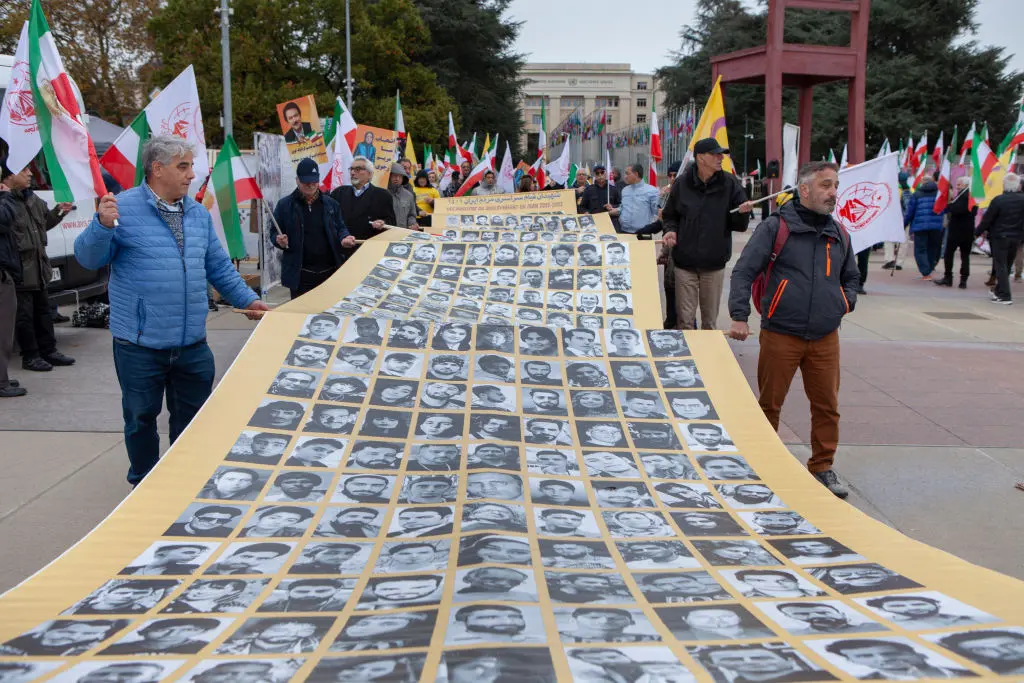Iran executed a man, Mohammad Ghobadlou, who was accused of killing a security officer during protests that erupted after the death of Mahsa Amini in September 2022.
According to the judiciary’s Mizan news agency, 23-year-old Ghobadlou was hanged on Tuesday. He faced charges of spreading “corruption on earth,” a capital offense, for his alleged involvement in the killing of a policeman during anti-government protests that unfolded in Iran following the death of 22-year-old Amini in September 2022.
Ghobadlou’s lawyer, Amir Raisian, asserted that the order for his client’s execution was “completely illegal.” Raisian argued that Ghobadlou had the right to appeal the death sentence and undergo a new trial, particularly after the country’s supreme court had overturned his initial death penalty.
The execution of Ghobadlou represents another episode in Tehran’s response to the widespread protests that gripped the nation for months. Human rights organizations report that over 500 people lost their lives in government crackdowns on the protests that followed Amini’s death. Amini had been detained for allegedly violating Iran’s stringent dress code for women.
Also Read: Zelensky Suggests Granting Ukrainian Citizenship to International Volunteers
Subsequently, Amnesty International has documented the hanging of at least seven men, mostly in their 20s, for their purported roles in the unrest. Additionally, thousands have been detained in connection with the protests, as Tehran continues its crackdown on dissent.

Ghobadlou, incarcerated for over 480 days, faced the looming threat of imminent execution in January 2023. During this period, numerous individuals gathered outside the Rajai Shahr prison, where he was held, in response to indications that he was scheduled to be hanged at dawn. Despite Iran’s judiciary dismissing these reports as a “deception campaign,” a considerable number of people think that the protests played a role in postponing Ghobadlou’s execution.

